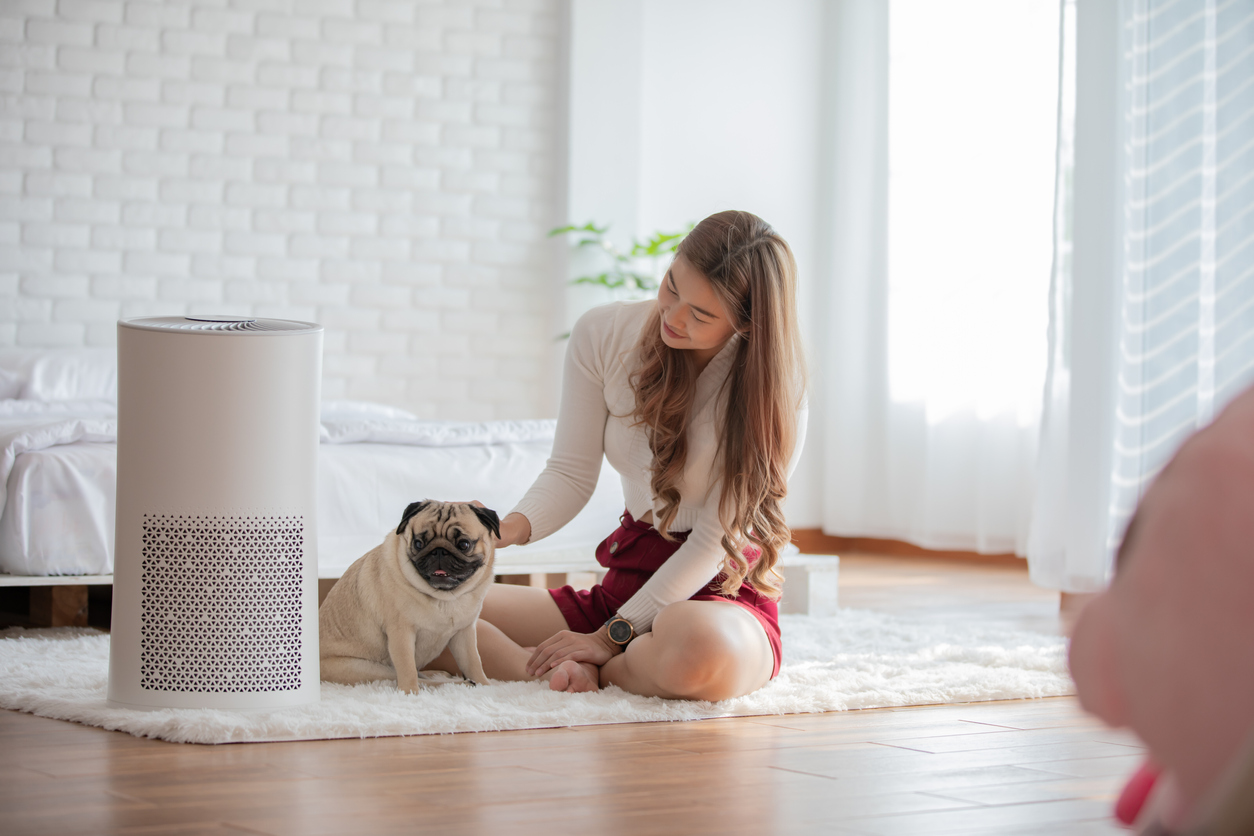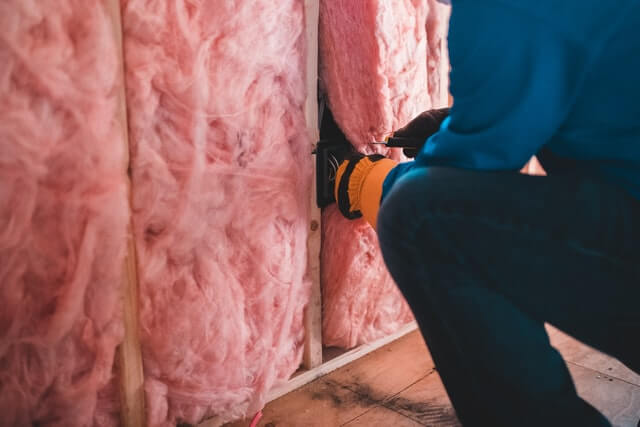To ensure your home isn’t leaking heat, follow these expert tips.
Invest In Energy Efficient Windows: Hire A Pro
“Whenever we look at a house we like to look at the shell of the house and generally the most vulnerable part of the house is the windows,” says Clinton Gilbert from Polar Bear Energy Solutions. He demonstrated that no matter how many panes of glass your home has, it simply won’t stop heat from leaking. The best type of window pane is one filled with a mixture of argon gas. “Be sure to insulate around the windows as well,” and ensure that your windows have been properly installed by a professional. “Windows cost about 10% of the value of your home to replace but homeowners can save up to 30-40% on energy bills and can see a resale value of 70% after 8 to 10 years.”
Invest In Plank Siding: Hire A Pro
Ensuring that your home has well-engineered siding can also add to the extra layering of your home, protecting and insulating from drafts and heat loss.
Insulate Your Attic: Do It Yourself
Insulating your attic is very important for keeping your home warm. As heat rises, a well-insulated attic will help trap the heat and keep it from escaping. Insulation can be done by the homeowner fairly easily however if you aren’t sure which type to purchase, or simply don’t have the time, be sure to call a professional.
Wrap Exposed Pipes: Do It Yourself
Wrapping your exposed pipes, both inside and outside the home, is easy and inexpensive. This time of year pipes freeze causing lots of damage, expense and headache. It’s an easy fix so be sure to check your pipes before the winter frost hits.
Set Your Thermostat On A Timer: Do It Yourself
Putting your thermostat on a timer is easy to do and can help save you money. Set the timer so that the thermostat isn’t as high when no one is home and set it for a higher temperature in the evening when people are at home and the outside temperature drops. Additionally, when you leave town for a holiday you can set the timer to keep the home above 55’F, which is the recommended minimum setting for wintertime to prevent pipes from freezing.




